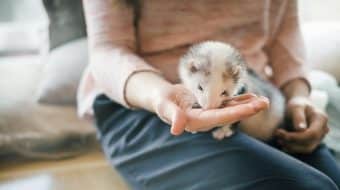
About the Ferret Flu
Did you know that ferrets are just as susceptible to influenza as humans? Ferrets usually become infected when they come into contact with sick humans or ferrets. If you're a flu carrier, it's vital to avoid close contact with your pet. Contamination occurs via...
More
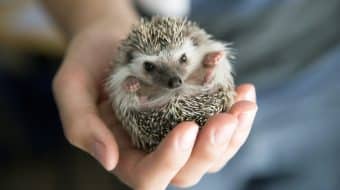
Hedgehogs
Diet The African pygmy hedgehog (or white-bellied hedgehog) is an omnivorous animal. A captive animal’s diet must be composed mainly of dry hedgehog or cat food (pellets) that is high in protein and low in calories (food for indoor cats or for weight control). Insects...
More
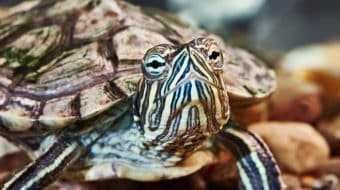
Nutrition for Aquatic Turtles
It is difficult to provide a well-balanced diet for pet aquatic and semi-aquatic turtles. Although there are species-specific dietary needs that need to be respected, there are general guidelines that can be applied to all omnivorous species. Most pet aquatic and semi-aquatic turtles are omnivorous,...
More
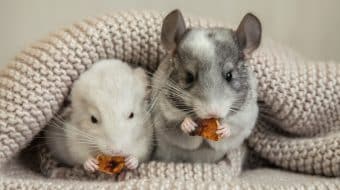
Nutrition for Chinchillas and Degus
Most health problems encountered in chinchillas and degus occur as a result of an inappropriate diet. In fact, it is possible to prevent many chronic problems by following some basic ground rules on nutrition. Chinchillas and degus need a high-fibre diet. Fibre is essential for...
More
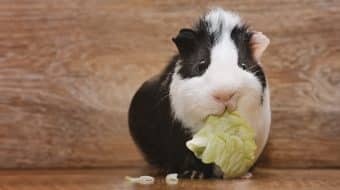
Nutrition for Guinea Pigs
Most health problems encountered in guinea pigs occur as a result of an inappropriate diet. In fact, it is possible to prevent many chronic problems by simply following some basic ground rules on guinea pig nutrition. Guinea pigs need a high- fibre diet. Fibre is...
More
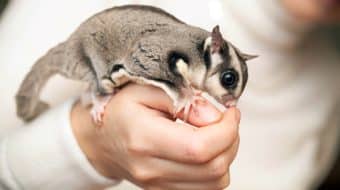
Nutrition for Sugar Gliders
Sugar gliders are nocturnal arboreal marsupials. They are omnivorous ; in the wild, they eat sap and gum from eucalyptus and acacia trees, nectar and pollen, and a large variety of insects and arachnids. It would be difficult to reproduce this diet in captivity, and...
More
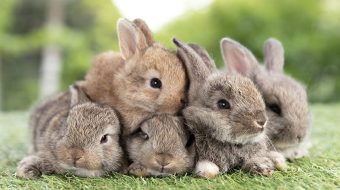
Rabbit Kittens
Female rabbits enter puberty at 4 to 6 months of age, depending on the breed (up to 8 months in some giant breeds). They can then become pregnant if mated with a male. We recommend separating non-neutered males from fully fertile females and preventing any...
More
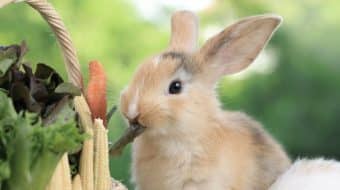
Rabbit Nutrition
Most health problems encountered in rabbits occur as a result of an inappropriate diet. In fact, it is possible to prevent many chronic problems by simply following some basic ground rules on rabbit nutrition. Rabbits need a high-fibre diet. Fibre is essential for maintaining a...
More

